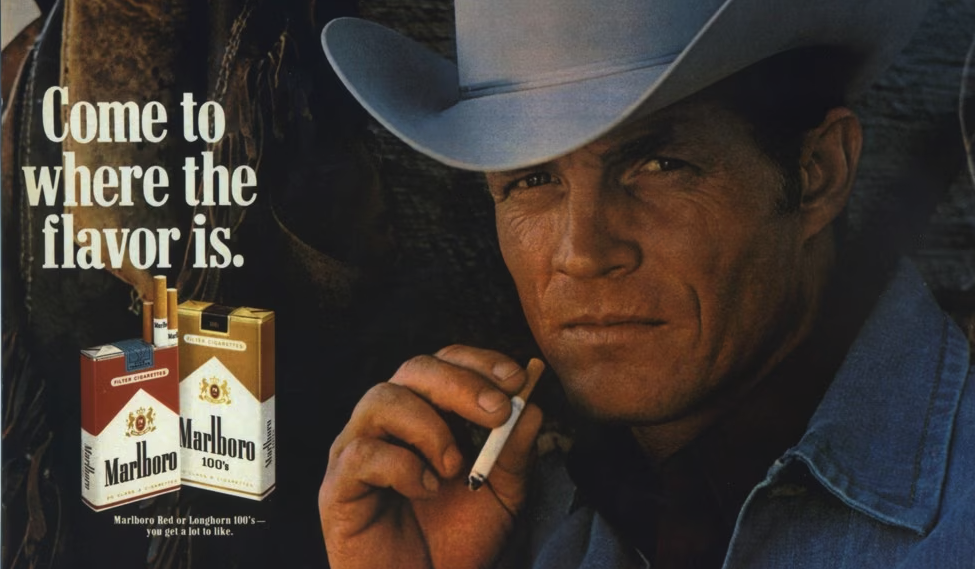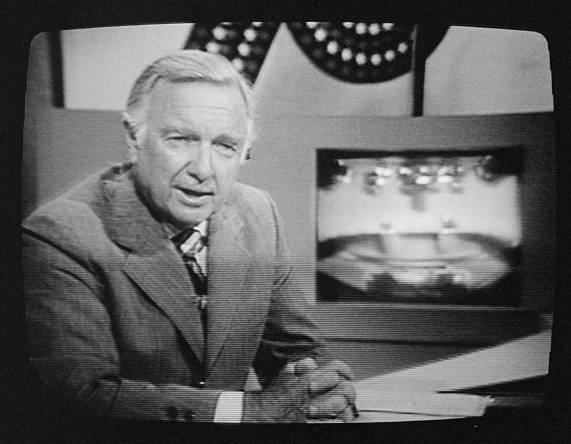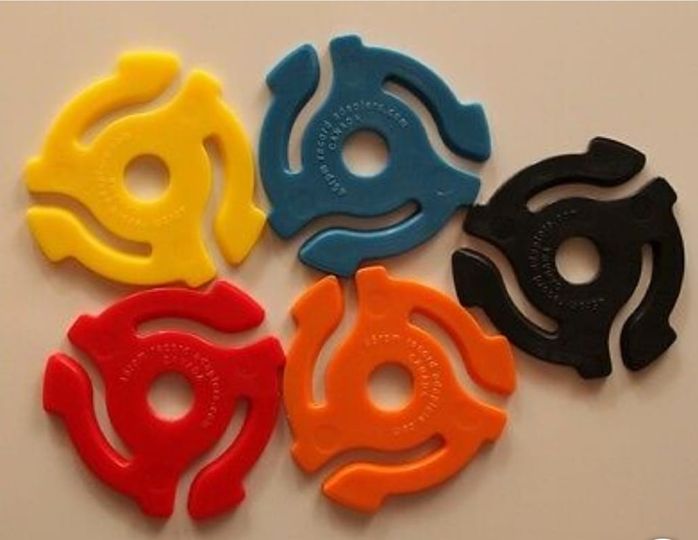Share this article with your network of friends!
The 1960s and 1970s were a time of cultural revolution, marked by significant changes in music, fashion, and social norms. Alongside these transformations, a vibrant and unique set of slang terms emerged, shaping the language of the era. As we reminisce about those groovy times, it’s fascinating to explore the slang words that were once all the rage but have now faded into history. In this article, we take a nostalgic trip back to the past to uncover some of the colorful and iconic slang terms from the 60s and 70s that are no longer part of our everyday lexicon.
1. Groovy:
A quintessential term of the era, “groovy” was used to describe anything cool, fashionable, or delightful. It expressed admiration and approval and became synonymous with the laid-back and carefree attitude of the time.
2. Far Out:
An expression of astonishment or excitement, “far out” was used to describe something extraordinary or mind-blowing. It conveyed a sense of wonderment and was often used to describe new experiences, art, or music.
3. Grass:
In the counterculture movement of the 60s and 70s, “grass” referred to marijuana. It was a term used by those who embraced the hippie culture and sought to explore alternative lifestyles.
4. Fuzz:
“Fuzz” was a slang term for the police, often used by those who were critical of law enforcement or who sought to evade the authorities. It hinted at a sense of rebellion against the establishment.
5. Swell:
“Swell” was a term used to describe something wonderful or excellent. It was commonly used to express approval or enthusiasm, much like the modern-day “awesome” or “great.”
6. Psychedelic:
In the psychedelic era of the 60s and 70s, “psychedelic” referred to mind-altering experiences, often induced by drugs like LSD. The term also described the vibrant and surreal art and music associated with the counterculture movement.
7. Grody:
An abbreviation of “grotesque,” “grody” described something disgusting, unappealing, or repulsive. It was often used to express disapproval or distaste.
8. Bummer:
Used to describe a disappointing or unfortunate situation, “bummer” conveyed feelings of frustration or sadness. It was often uttered in response to bad news or unpleasant events.
9. Pad:
“Pad” was a term for one’s living space, typically referring to a home or apartment. It was common for young people to refer to their place of residence as their “pad.”
10. Lid:
In the context of marijuana, a “lid” referred to a small amount of the drug, usually an ounce. It was a discreet way of discussing marijuana without drawing unwanted attention.
Conclusion:
The slang terms of the 60s and 70s were a colorful reflection of the dynamic and transformative cultural landscape of the era. Though these groovy expressions have faded from mainstream usage, they remain iconic symbols of a time that continues to inspire and captivate. Whether referring to something “far out” or a little “grody,” these nostalgic terms serve as a reminder of the bygone days of the flower power generation, forever etched in the annals of history.
DISCLAIMER: This website contains articles for informational and entertainment purposes only. No articles on this website should be considered as professional advice for any medical, legal, or financial matter. Advertisements and content may contain affiliate links, where the website earns a commission for sales derived from our users.





